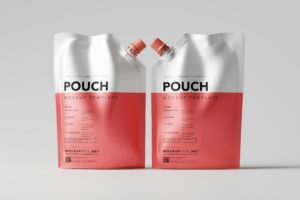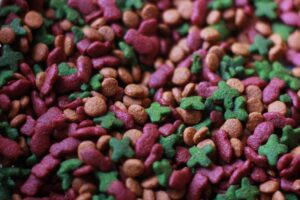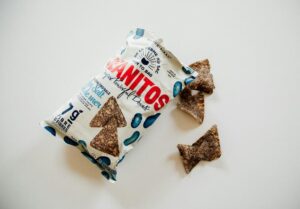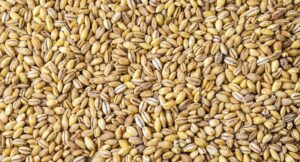Introduction
In the ever-evolving snack food industry, the focus on sustainability has become increasingly crucial. This is particularly true when it comes to the equipment and technologies used in the production process. By incorporating eco-friendly practices, manufacturers can significantly reduce their environmental impact while maintaining high-quality snack products. In this article, we will explore the significance of sustainable equipment in the snack food industry, highlighting energy-efficient machines, biodegradable materials, and waste reduction strategies.

Energy-Efficient Machines
First and foremost, energy-efficient machines play a pivotal role in reducing the overall carbon footprint of snack food production. By utilizing advanced technology, these machines can optimize energy consumption, resulting in lower greenhouse gas emissions and reduced energy costs. This not only benefits the environment but also contributes to the long-term financial stability of the company.
Benefits of Energy Efficiency
- Lower Emissions: Energy-efficient machines emit fewer greenhouse gases, contributing to cleaner air and a healthier environment.
- Cost Savings: Reduced energy consumption translates to lower operational costs, improving the company’s bottom line.
- Compliance: Many regions have strict environmental regulations; energy-efficient machines help companies comply with these laws.
Biodegradable Materials
Another essential aspect of sustainable snack food production is the use of biodegradable materials. This includes packaging materials, such as bioplastics, which are made from renewable resources and can be easily broken down by microorganisms. By opting for biodegradable materials, manufacturers can significantly reduce the amount of waste that ends up in landfills or polluting the environment.
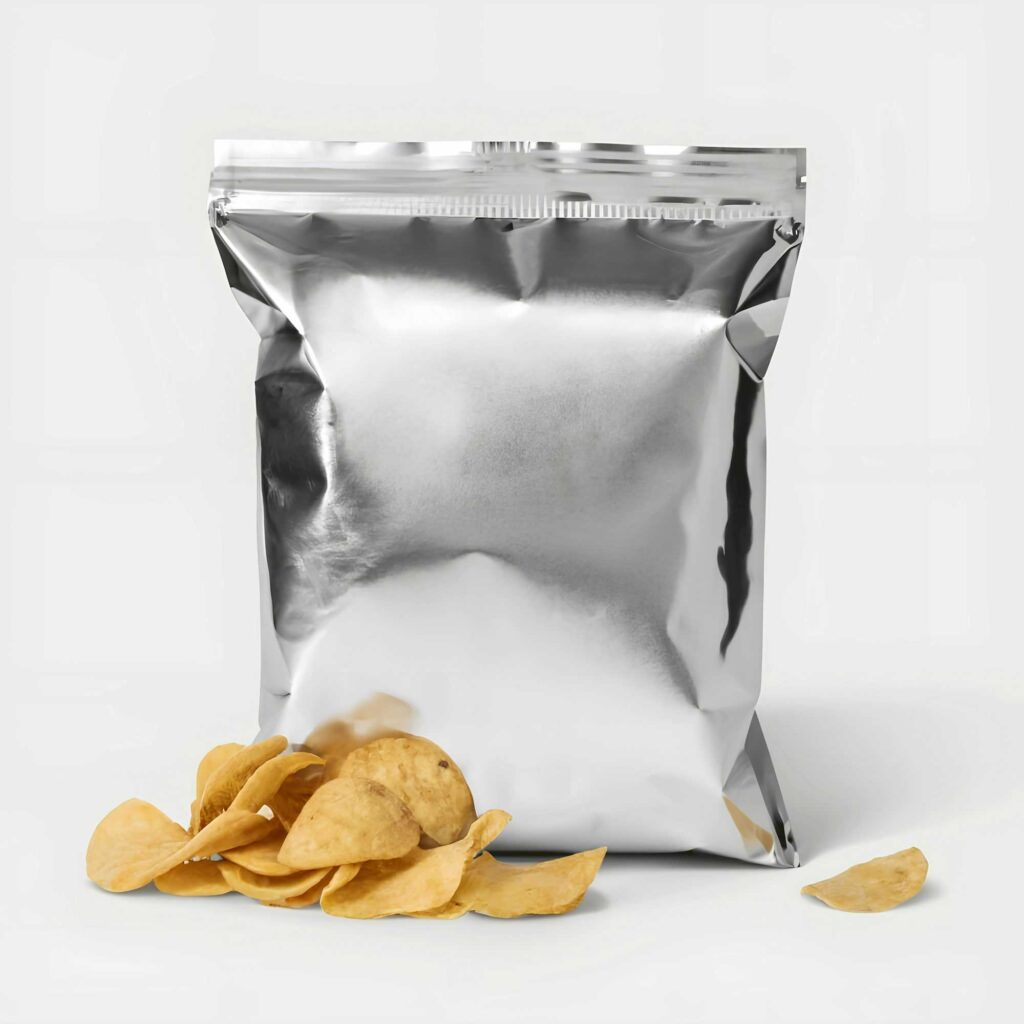
Advantages of Biodegradable Packaging
- Environmental Impact: Biodegradable materials decompose naturally, reducing pollution and landfill use.
- Consumer Preference: Increasingly, consumers prefer products with eco-friendly packaging, enhancing brand reputation.
- Resource Efficiency: Bioplastics often require less energy to produce compared to traditional plastics, further reducing environmental impact.
Waste Reduction Strategies
In addition to energy-efficient machines and biodegradable materials, waste reduction strategies are crucial for a sustainable snack food production process. This can be achieved through various methods, such as minimizing food waste during production, optimizing packaging materials, and implementing recycling programs for used materials. By adopting these practices, manufacturers can not only reduce their environmental impact but also contribute to a more sustainable future for the industry.
Implementing Waste Reduction
- Food Waste Minimization: Implementing efficient production processes that minimize waste.
- Packaging Optimization: Designing packaging that uses fewer materials without compromising product protection.
- Recycling Programs: Establishing systems to recycle materials used in production and packaging.
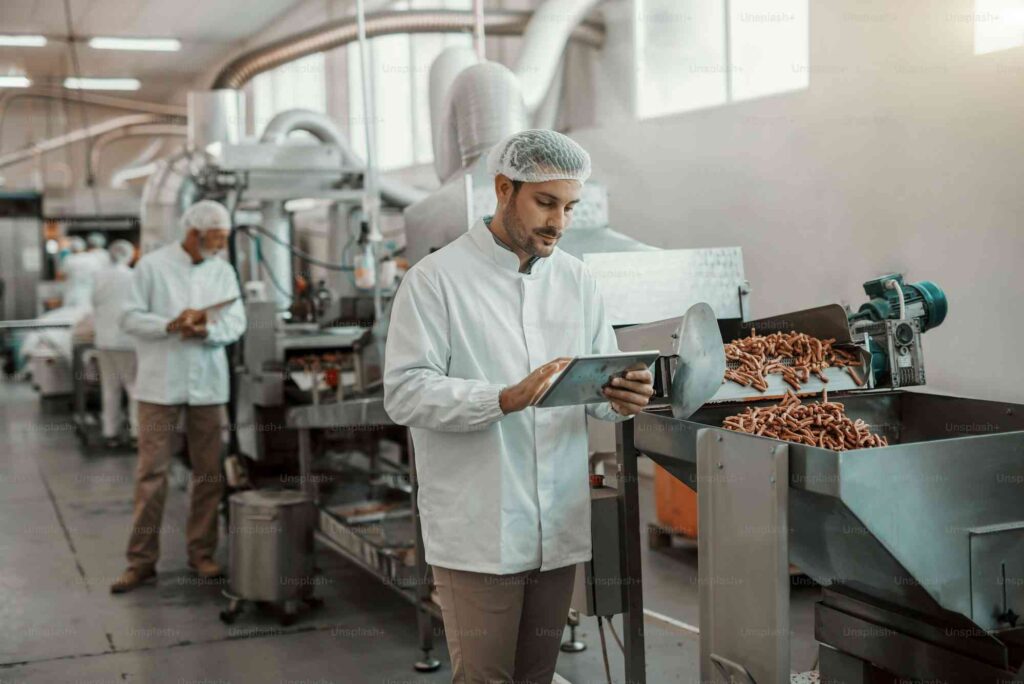
Lifecycle Considerations for Equipment
Furthermore, it is essential to consider the overall lifecycle of the equipment used in snack food production. By investing in high-quality, durable equipment, manufacturers can ensure that their machines have a longer lifespan, reducing the need for frequent replacements and minimizing the environmental impact associated with manufacturing and disposal.
Long-Term Equipment Strategies
- Durability: Choosing equipment built to last reduces the frequency of replacements and waste.
- Maintenance: Regular maintenance extends the life of machinery, maintaining efficiency and reducing waste.
- End-of-Life Management: Implementing plans for recycling or repurposing equipment at the end of its lifecycle.
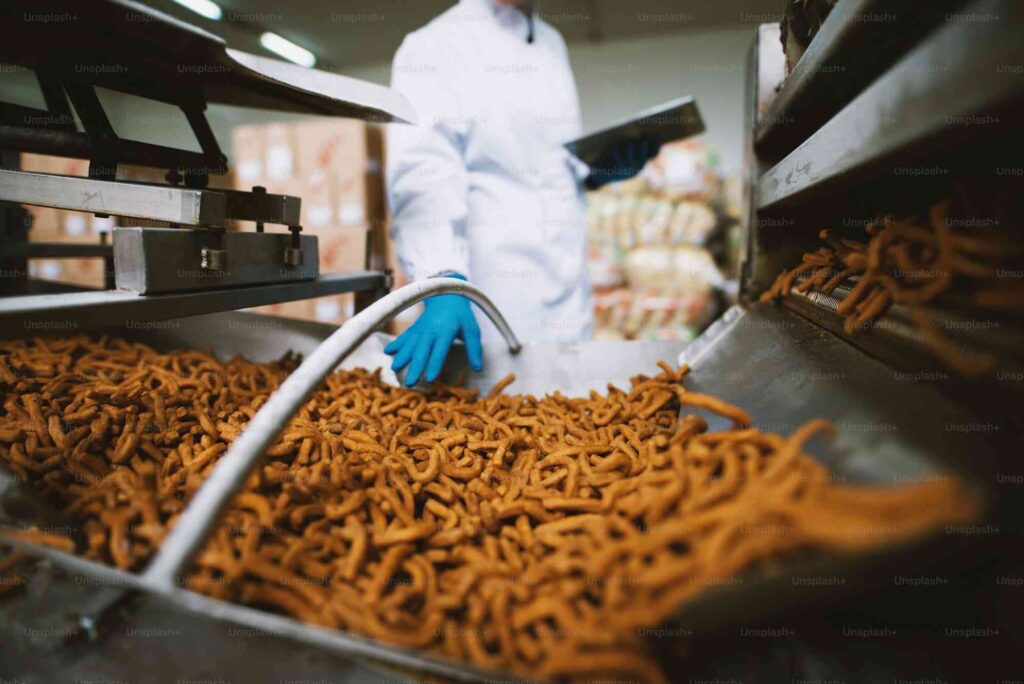
Conclusion
The snack food industry has a significant responsibility to adopt sustainable practices in their production processes. By incorporating energy-efficient machines, utilizing biodegradable materials, and implementing waste reduction strategies, manufacturers can contribute to a more environmentally friendly future for the industry. By adopting these practices, they can not only reduce their environmental impact but also create a more sustainable and responsible industry for generations to come.

